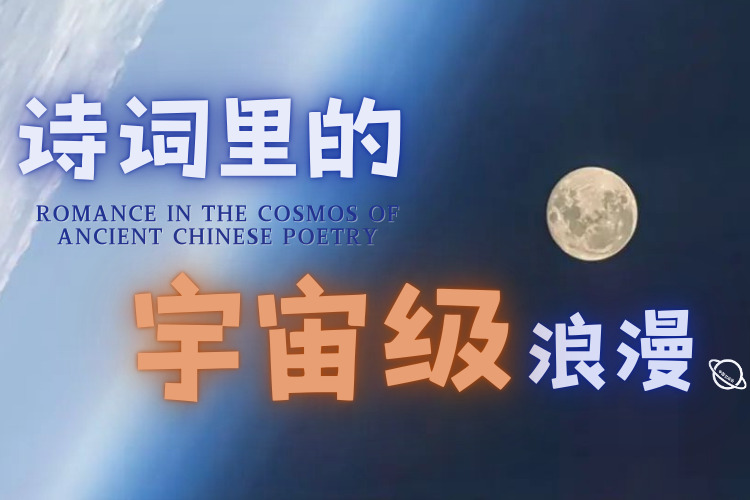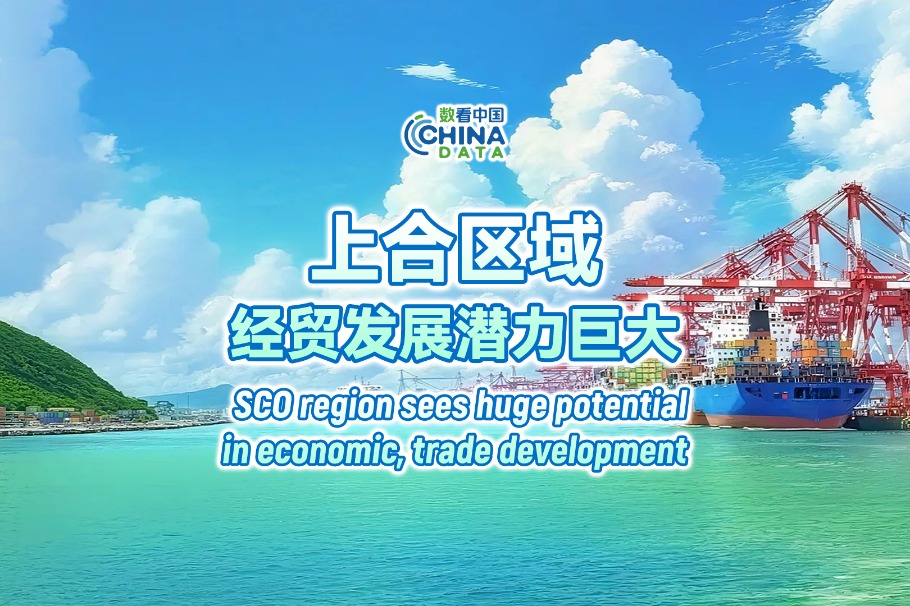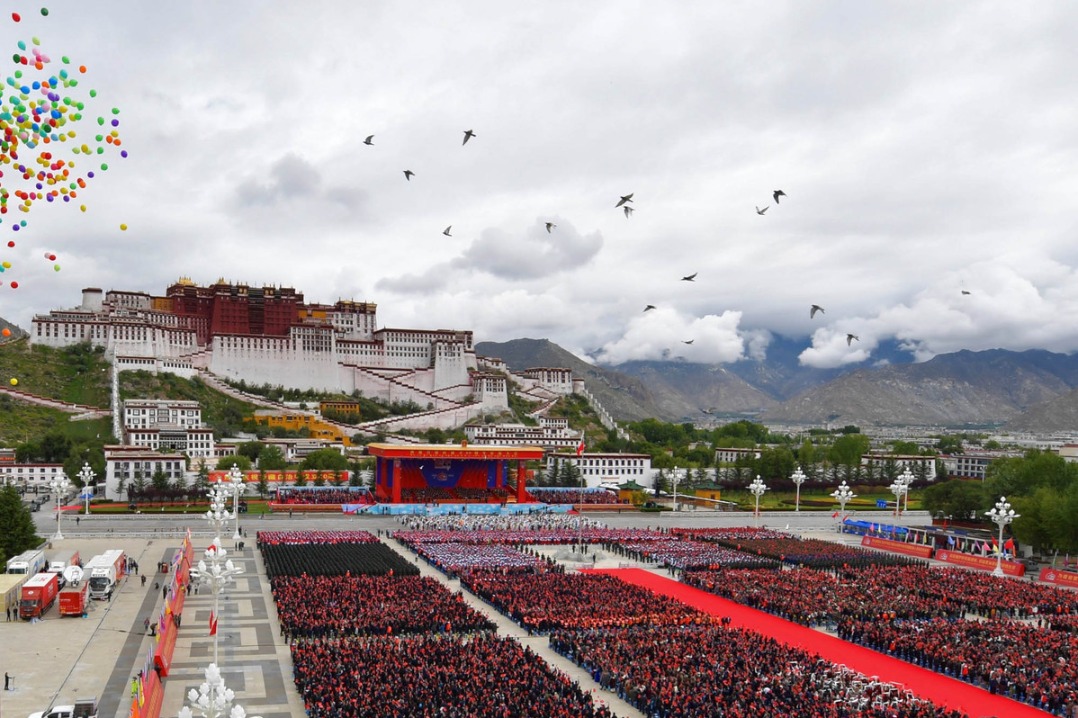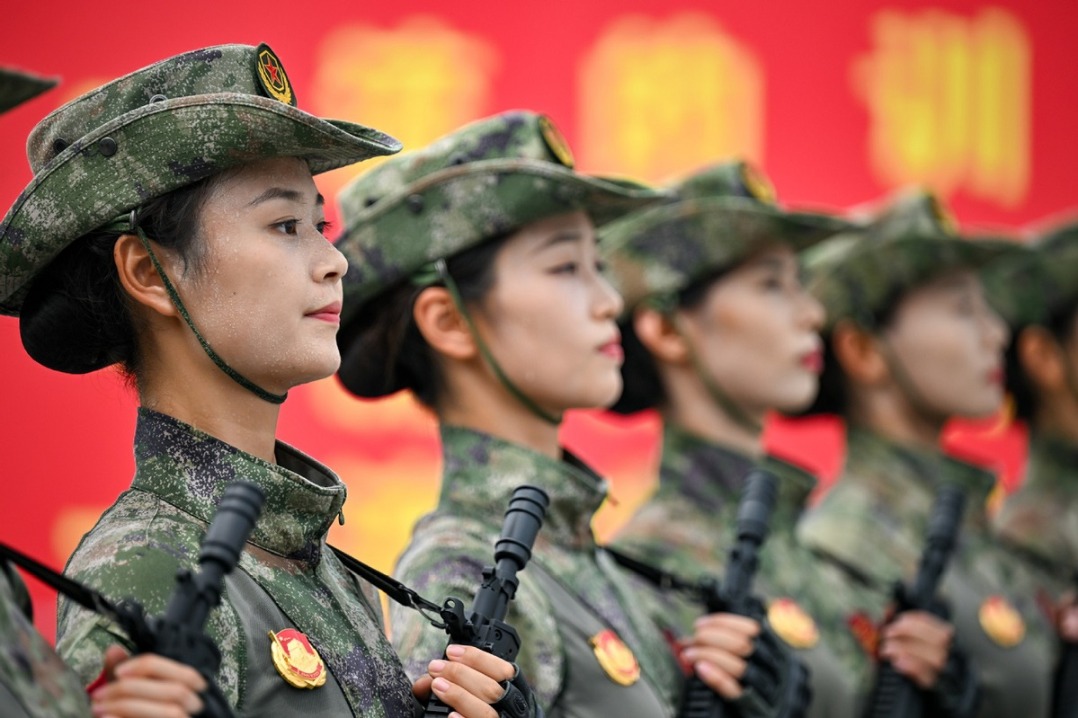'Secondary sanctions' will not be conducive to resolving the crisis

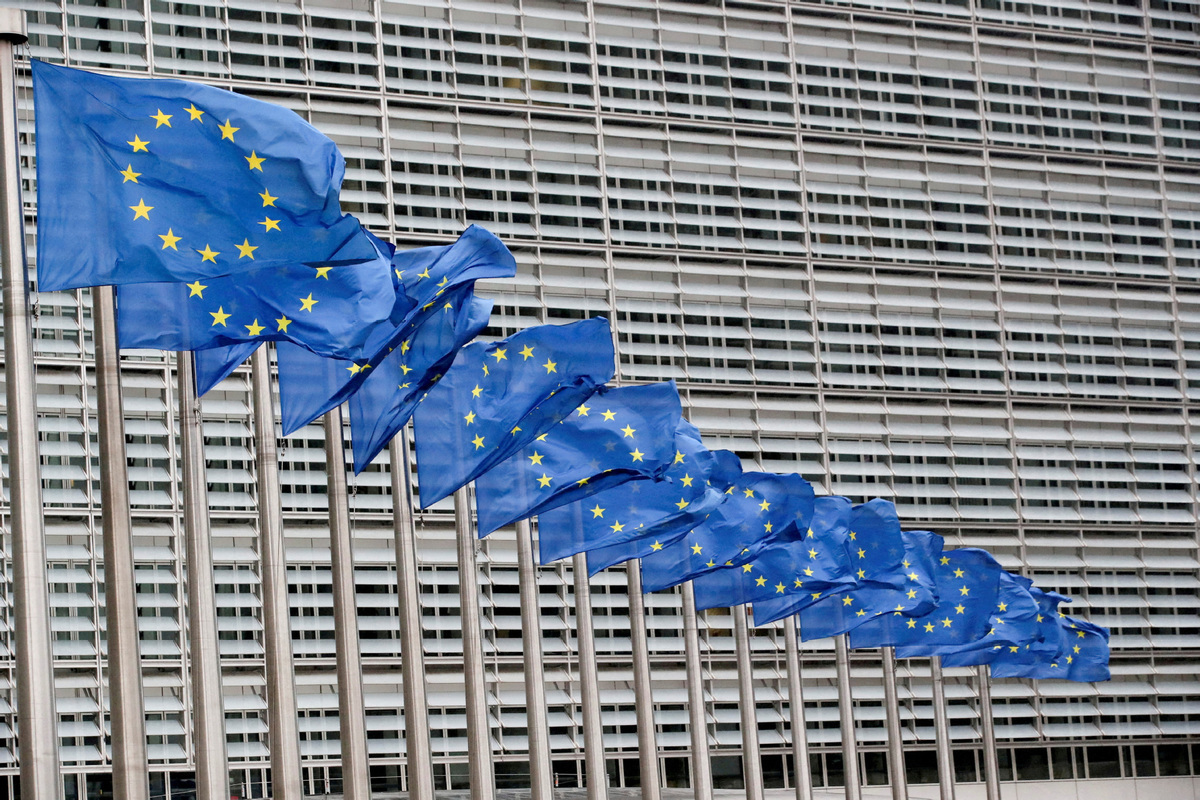
Bureaucracy has increasingly bound the European Union's hands and feet, removing flexibility in its efforts to end the Ukraine crisis.
After its previous 18 rounds of sanctions against Russia failed to bring Moscow to its knees, the bloc is mulling its 19th sanctions package this week, with a conviction that sanctions won't work until they reach a certain level.
Unlike the United States, which links its Russia-related sanctions to its overall geopolitical agenda, the EU's sanctions have not only made it more dependent on the US for energy and security, but also failed to get it an invitation to the negotiation table the US administration is trying to set up between Russia and Ukraine.
The latest sanctions package is to be discussed at an informal EU foreign ministers' meeting in Copenhagen, Denmark, on Friday and Saturday, Bloomberg reported.
Since the meeting is the first of its kind after the European leaders' meeting with US President Donald Trump at the White House on Monday last week, the EU's focus on "secondary sanctions" on Russia's trading partners might have been prompted by the US, which itself directs a considerable proportion of its sanctions against Russia onto its partners.
But the EU appears to have arrived at the limits of what it can do with its sanctions targeting Russia directly, as Bloomberg observed in its report. Although the bloc hopes these secondary sanctions will prevent third-party countries from circumventing its anti-Russia restrictions, it will necessarily find that almost all the parties it targets in this manner might also be those the US sees as either a competitor, rival or challenge.
In other words, the forthcoming 19th sanctions package will mainly serve the US' interests at the cost of the EU's ties with relevant countries and regions that actually do not threaten its security.
The US, under the current administration, will by no means feel grateful to the EU for doing its bidding. During its trade talks with the US, the EU had to make remarkable concessions in exchange for the US' security guarantees over Ukraine. Yet, the US administration apparently took it as a success of its "art of the deal".
The US' exploitative approach to both its trade negotiations with the EU and the Ukraine crisis means, in its eyes, the EU is by no means an equal partner on either the trade front or the security front, but a gilded club of nations — rich in wealth and rhetoric, but poor in resolve and actions.
After interacting with the US administration for months, that should be a foregone conclusion to the European leaders. But some of them still seem reluctant to accept the way how the EU is treated by a country they see as an ally.
In a speech on the EU's challenges on Wednesday, Italian Prime Minister Giorgia Meloni called for a united EU speaking in one voice with the ability to stand on its own feet in the face of the competition with other major players on the world stage, including the US.
That's a pertinent call.
"The real challenge is a Europe that does less, but does it better," she said. She correctly pointed out that the EU cannot rely on the US for protection any longer.
By noting that those who now claim the need to emancipate themselves from the US are the ones who have always opposed a policy of independence in terms of defense and security, the Italian leader exposed the contradictions between the words and deeds of some in the EU when it comes to the bloc's strategic autonomy.
It is suggested the EU not only uphold its strategic autonomy, but more importantly develop its own capacity to give that autonomy true meaning in practice.
Doing so would enable it to see the Ukraine crisis more objectively, rather than through a US lens. Calm and rational thinking are needed to solve a crisis that is an interplay of complex historical and present factors.
Simply escalating sanctions will only affect global finance, energy, food, transportation, supply chains and other fields, hampering the already unsteady world economy amid the vicissitudes caused by the US' tariff war.
















